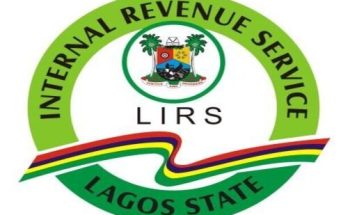By Chiagoziem Abosi
Edited by Bababunmi Agbebi
A growing debate in Nigeria’s oil industry could soon change who controls billions in petroleum contracts and possibly reshape everyday life for Nigerians. Lawmakers are weighing a proposal to move contract approval powers away from the Nigerian National Petroleum Company Limited (NNPC) to an independent regulator.
Supporters say it’s a step toward greater transparency, fair competition, and ultimately lower fuel prices.
Currently, NNPC acts as both operator and regulator, running oil operations while approving the very contracts it benefits from. Critics argue this is a conflict of interest that fuels inefficiency, corruption, and drives up fuel costs across the country.
“If NNPC is competing with private companies, then it should not also be the umpire,” said Dr. Ifeanyi Ajoku, an energy policy expert based in Lagos.
“Separating these powers will make investors trust the process more.”
For residents of high-traffic and energy-hungry areas like Lagos, where fuel scarcity and soaring pump prices are a daily reality, the debate is more than politics, it’s personal.
At the bustling Ikeja Along bus stop, opinions were divided.
Sola Adebayo, a civil servant, was skeptical:
“They keep changing names and positions, but petrol price still dey high. We want results, not restructuring for grammar sake.”
But Maryam Yusuf, a businesswoman who powers her store with diesel, saw potential:
“If they remove NNPC from controlling everything, maybe we’ll stop hearing of secret deals. Let them try another system. What we have now no dey work.”
On Oba Akran Road in Ikeja, one resident captured the public’s weary mood:
“We’ve heard plenty oil stories before. If this change go truly reduce fuel price, then carry go. But if it’s just another power struggle, na we go still suffer.”

What’s Driving the Reform?
This proposal is part of broader reforms under the Petroleum Industry Act (PIA), which aims to clean up Nigeria’s energy sector. While the law already introduced new regulatory bodies, the lines of authority remain unclear.
Analysts say moving contract oversight to an independent body could:
- Attract foreign investment
- Increase accountability
- Improve fuel supply to residential areas
But skeptics worry it may just add another layer of bureaucracy.
Although, the National Assembly is still reviewing the proposal. Meanwhile, NNPC which has held this power for decades is expected to resist any changes.
Final Thoughts:
If you live in Nigeria, you already know how fuel prices affect everything, from commute costs to generator bills. The outcome of this debate may not just shape energy policy but determine how affordable daily life is for millions.
Join the Conversation:
Do you think shifting contract control from NNPC to a regulator will reduce fuel prices or improve life for residents?
Drop your thoughts in the comments below. Let’s talk!!!








